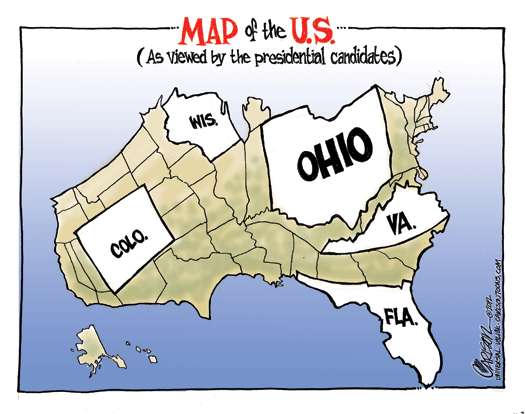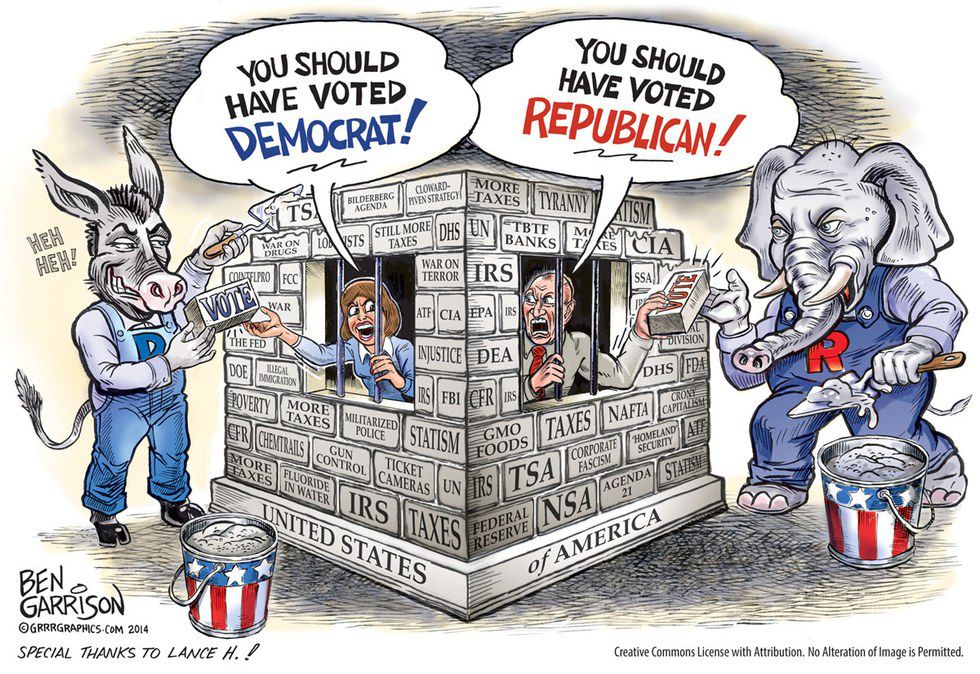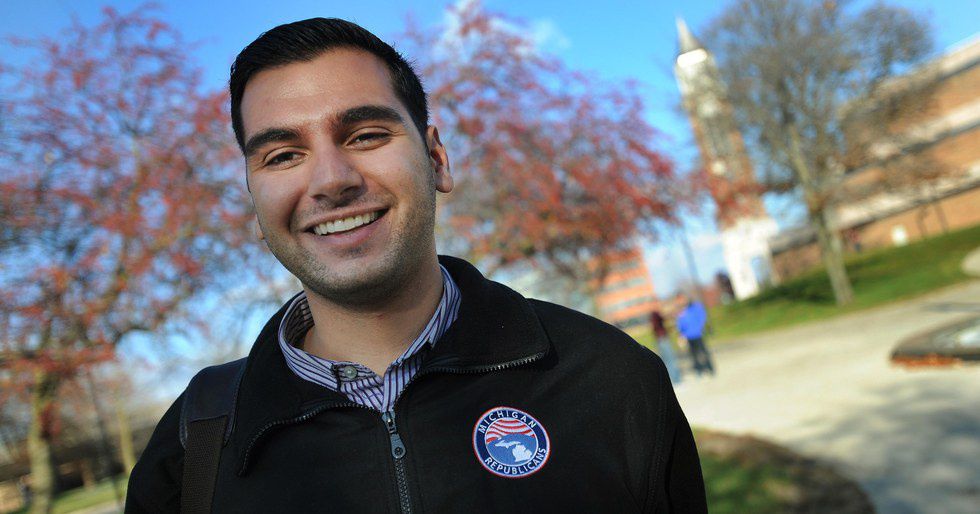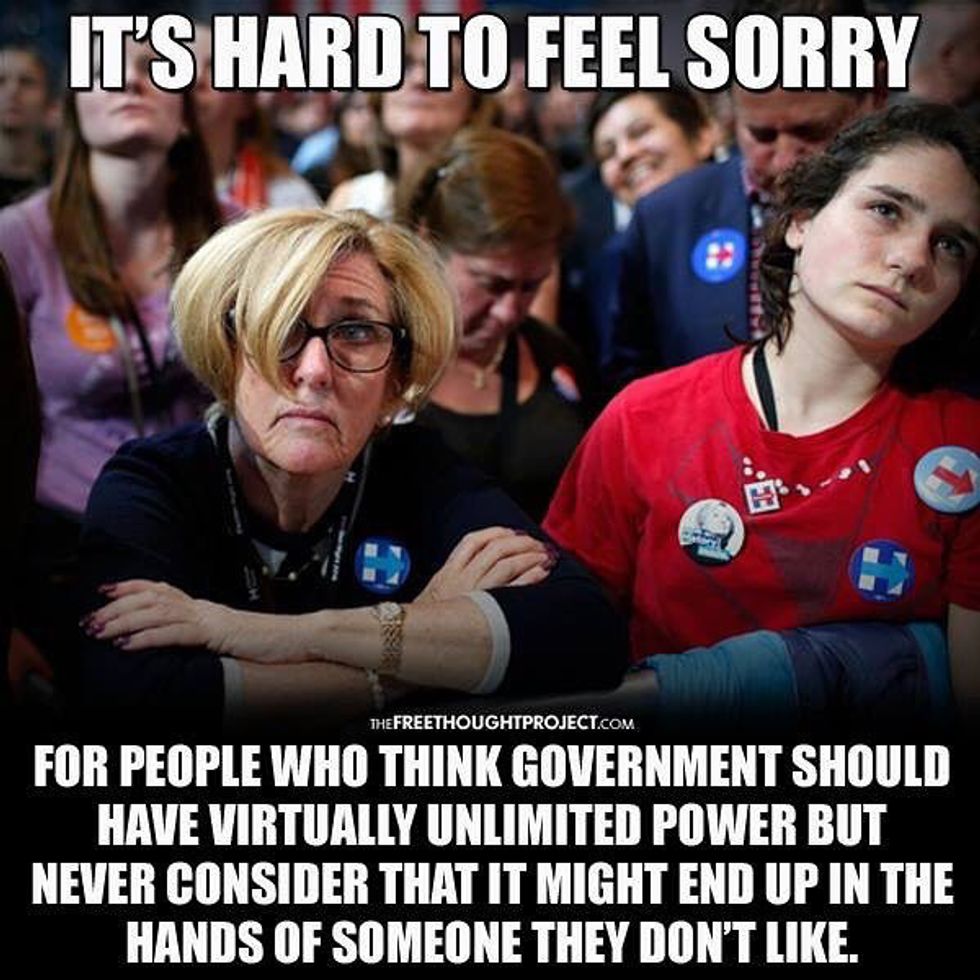In the fallout of the presidential election, mainstream media have been lighting up like premature Christmas decorations with coverage of election protests. The words "electoral college" are thrown around like the latest hashtag. Masses are flipping feverishly through their high school government textbooks for a comprehensible definition. Here's CGP Grey to explain the electoral college and why it may be a threat to democracy.

Such electors are disparagingly referred to as "faithless electors." Some electors have even received death threats. But despite the stigma, can encouraging faithless electors made a difference?
A majority of states have laws that discourage or circumvent electors who may turn faithless. A North Carolina law even fires the unfaithful and replaces them with a party loyal elector. This renders the office of elector absolutely useless.
Electors are also thoroughly vetted statists, hand picked by their political parties. Congress can even choose to discard any faithless elector votes that slip through the other precautions.
The electoral college is effectively neutered by the autocratic party system on which it depends. Needless to say, faithless electors have never decided an election.



























